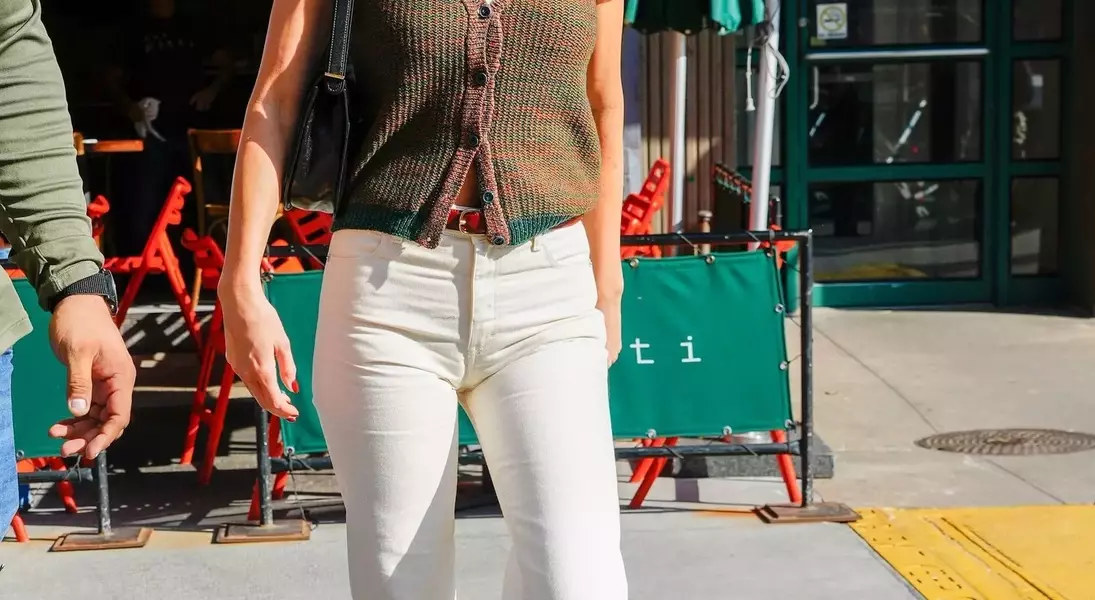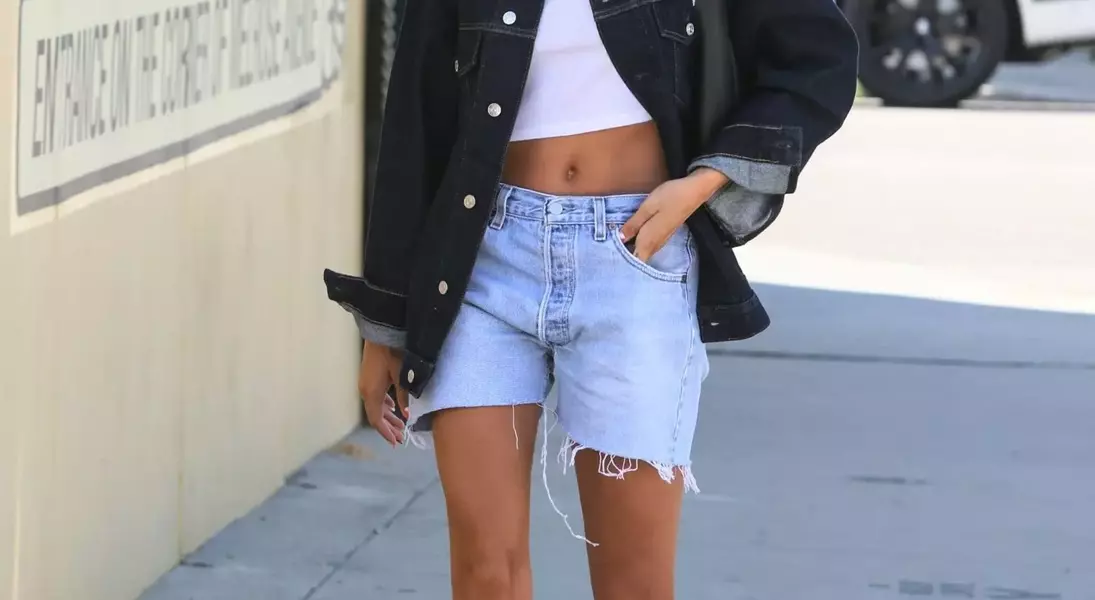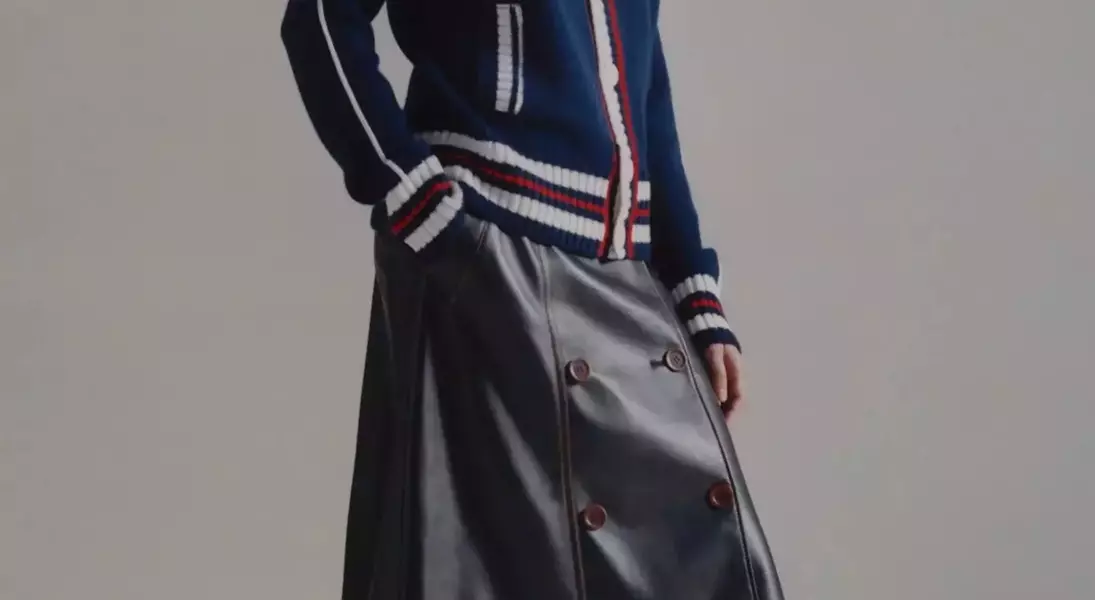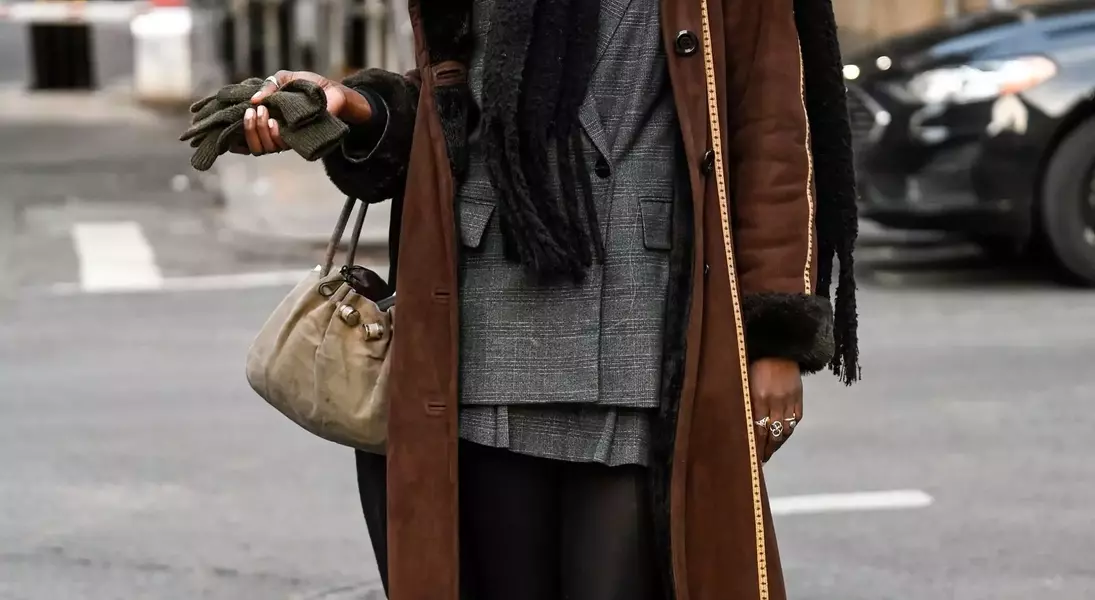





Discover the Timeless Appeal of Adidas Icons
The world of footwear has seen a dramatic shift in recent years, with retro styles commanding center stage. Among these, Adidas stands out for its ability to blend heritage with modern aesthetics. Through collaborations, innovative design updates, and celebrity endorsements, the brand continues to redefine what it means to wear a pair of sneakers today.
Redefining Athletic Elegance: The SL72 Saga
First introduced during the 1972 Munich Olympics, the SL72 quickly became synonymous with lightweight innovation. Its name, derived from "super light," reflects the groundbreaking technology that made it an instant hit among athletes. Fast forward to 2024, and this classic silhouette has once again captured the imagination of trendsetters worldwide.
Bella Hadid's February appearance in a brown iteration of the SL72 caused a frenzy, leading to a complete sell-out within weeks. Collaborations such as Wales Bonner's 2020 collection further solidified the shoe’s cultural significance. By drawing inspiration from Bob Marley's personal archives, Bonner infused the SL72 with vibrant hues that resonated deeply with fans of both music and fashion.
A Cultural Phenomenon: The Enduring Charm of Sambas
Originally conceived for icy football pitches, the Samba transcended its athletic roots to become a symbol of subcultural identity. Adi Dassler's vision for the 1950 World Cup resulted in a shoe that would later define British terrace culture in the '70s and Britpop fashion in the '90s.
Celebrity patronage has played a pivotal role in keeping the Samba relevant. Figures like Hailey Bieber, Kendall Jenner, and Rihanna frequently showcase the shoe in their streetwear ensembles. Despite concerns about market saturation due to increased production, sales data reveals a robust +420% growth compared to figures from Q1 2013. While newer colorways may slow down individual style sell-outs, the overall demand remains strong.
Journey Through Retro Vibes: The Japan Sensation
Another archival gem making waves is the Japan trainer, originally crafted for the 1964 Tokyo Olympics. Known for its sleek profile and curved sole, the Japan offers a harmonious blend of vintage charm and contemporary appeal. Key features include perforated uppers and double-stitched T-toe detailing, which distinguish it from other Adidas silhouettes.
High-top iterations like the Japan H have gained traction on social media platforms, appealing to those who appreciate bold statements. Grace Wales Bonner's reinterpretations bring fresh energy to the model through her signature retro-inspired palettes. These editions cater not only to traditionalists but also to individuals seeking unique expressions of personal style.
Martial Arts Meets Fashion: The Taekwondo Revolution
Designed specifically for martial arts training in the '80s, the Taekwondo represents a fascinating intersection between functionality and aesthetics. Characterized by its lace-free construction and supple materials, the shoe bridges the gap between athletic footwear and minimalist chic.
Market trends indicate a staggering 5,650% increase in trades year-over-year, positioning the Taekwondo as a potential breakout star in 2025. Adidas has expanded upon this success by introducing variations such as the Taekwondo Mei flats. Borrowing elements from ballet shoes, these hybrids incorporate playful laces and sporty soles, attracting diverse demographics eager to experiment with cross-genre designs.
Sportswear Simplicity: The Subtle Allure of Tokyos
Emerging in the '70s, the Tokyo embodies understated elegance with its slimline form and minimalist three-stripe motif. Available in various finishes—from metallic leather to vivid suede—the Tokyo appeals to those who prioritize clean lines over extravagant embellishments.
This quiet hero within Adidas' portfolio thrives on versatility. Whether paired with casual outfits or incorporated into more refined looks, the Tokyo effortlessly enhances any ensemble. Its adaptability ensures longevity in a rapidly evolving fashion landscape where trends often come and go at breakneck speed.
Gazelle Glory: Bridging Generations Through Style
Kendall Jenner's frequent appearances in black suede Gazelles underscore the shoe's timeless allure. First launched in the '60s, the Gazelle combines simplicity with sophistication, offering a perfect balance between comfort and visual impact.
Its enduring popularity stems from the ability to seamlessly integrate into multiple contexts—whether lounging around town or attending high-profile events. As part of Adidas' ongoing commitment to reviving classic silhouettes, the Gazelle continues to evolve while maintaining core attributes that resonate across generations.
